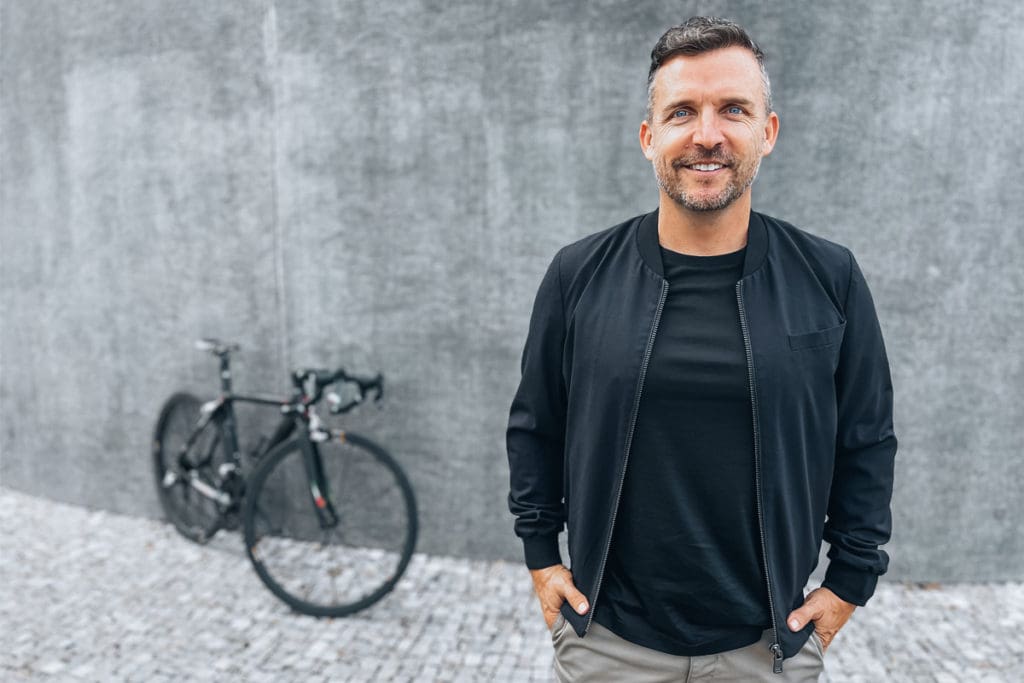US Court Upholds Fraud Claims Against BikeExchange Subsidiary

North Carolina, US
A US court has upheld claims of fraud, misappropriation of trade secrets and common-law unfair competition against BikeExchange’s bike delivery service, Kitzuma.
The US General Court of Justice – Superior Court Division refused submissions by Kitzuma and two of its founders to have the claims dismissed.
The hearing on 30th November was told Kitzuma co-founders Taylor Essick and Christopher Cosgrove were both former employees of TriBike, which filed the claims alleging both Taylor and Christopher breached confidentiality provisions and benefitted financially as a result.
BikeExchange purchased Kitzuma in December 2022.
Last month’s court decision contrasts with some positive news for the global online retailer, as oversupplies for many brands and retailers in Australia, the US, Europe and Latin America bring an upturn in fortunes for BikeExchange, which has faced a number of extraordinary challenges in recent months.
The Melbourne-based company last week announced a number of new, high-profile partnerships as companies sought solutions for excessive inventory as a result of pandemic-driven surges and ebbs in the market.
“The supply chain has caught up, and bike brands and retailers previously impacted by long delivery delays are now grappling with the opposite challenge, being oversupplied.”
In a statement about its new partners, BikeExchange announced it has signed Australian-based retailers 99 Bikes and Bikes Online, along with Specialized Bikes and Factor’s operations in this country.
Its new US partners include Cinelli and retailers Decathlon and Playtri, as companies embrace additional channels to reach more customers.
Recently appointed BikeExchange CEO Ryan McMillan said after the massive global spike in demand for bikes at the height of the pandemic, coinciding with constricted supply because of Covid restrictions, a normalisation of supply chains and a tempering of customer demand has led to oversupply in many markets.
“The supply chain has caught up, and bike brands and retailers previously impacted by long delivery delays are now grappling with the opposite challenge, being oversupplied,” Ryan said.
“This has led to increased price competition and increased demand from sellers looking for additional channels to market.”
BikeExchange’s new signings in Europe include German retailer Little John Bikes, which has more than 50 stores throughout that country.
The group sales manager at Little John Bikes, Frederic Keip, said the results were almost immediate after joining BikeExchange, both online and in stores, bolstered by BikeExchange’s support in creating marketing campaigns.
“We are now looking at options to connect the rest of our network with BEX.”
Ryan stepped into the CEO role in September – after previously heading the company’s European operations – following the resignation of Mark Watkin from the CEO position in May.
BikeExchange had experienced an 83.45% decline in its share price in the 12 months preceding Mark’s departure, including a 58.88% fall in the three months leading up to May.
It prompted BikeExchange co-founder Sam Salter to temporarily step into the CEO role until a permanent replacement was found.
Superior Court Hearing
At the same time as Mark’s resignation was announced, the company also issued a statement revealing a complaint has been filed in the US General Court of Justice – Superior Court Division against Kitzuma.
The complaint was filed on behalf of Tribike Transport, for what it claimed was the use of confidential and proprietary information by Kitzuma founders Taylor Essick and Christopher Cosgrove.
The court last month refused applications by Taylor, Christopher and Kitzuma to have the court dismiss TriBike’s claims, which include fraud, misappropriation of its trade secrets and other confidential information and common-law unfair competition.
The claims are accompanied by several remedial counts including punitive damages and injunctive relief.
The hearing was told TriBike, founded in 2005, transported customers’ bikes to triathlons and other cycling events and had started developing a new business plan (D2C) “to pick up high volumes of bikes directly from manufacturers, refurbishers, and online retailers, and transport them — boxless, fully built, and ready to ride — directly to consumers”.
This closely matches the business model of Kitzuma, which was launched in December 2020.
The court was also told TriBike terminated Taylor’s employment in April 2020 and the separation agreement included confidentiality provisions that restrict his ability to retain and use TriBike’s confidential information.
Christopher remained with the company and was involved in developing D2C, promising in June 2020 to keep the plan confidential.
According to the hearing transcript, it is alleged Christopher had already shared information with Taylor, “or intended to do so”.
He then resigned from TriBike in July 2020, about the same time he and Taylor co-founded the company that would become Kitzuma.
“By the end of 2020, Essick, Cosgrove, and Kitzuma were up and running,” the transcript says.
“They issued a press release describing their new services to include ‘door to door box-free, ready to ride bike delivery’. In less than a year, Kitzuma generated over $1.4 million in sales.
“According to TriBike, this success was possible only because Essick, Cosgrove, and Kitzuma improperly used the D2C plan as a competitive head start.”
In each of the applications submitted by Taylor, Christopher and Kitzuma to have the claims dismissed, the court found it was satisfied with the information provided by TriBike and it resolved to keep the claims to remain in place for future consideration by the court.
